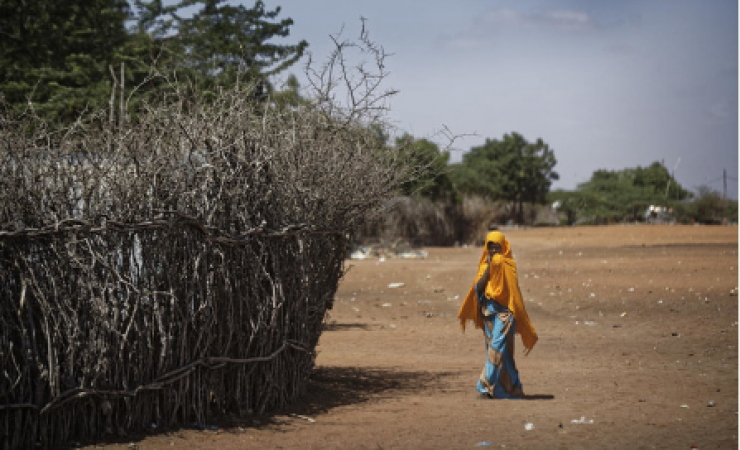
Nairobi: A cholera outbreak has affected hundreds of refugees living in Kenya's Dadaab camps as the population there is expanding quickly, a charitable organisation announced on Tuesday.
MSF, or Doctors Without Borders, reported that 2,786 refugees have been affected so far and that "other gastro-intestinal disease outbreaks are imminent."
More than 300,000 people live in the Dadaab camps, and as a result of the severe drought in neighbouring Somalia, the population is growing, placing a strain on the water and sanitation systems.
Also Read: As more Syrians naturalise, the number of new German citizens rises to a 20-year high
In order to accommodate new arrivals and reduce crowding, there are plans to open a second camp within the complex.
According to Hassan Maiyaki, the MSF country director in Kenya, "all initiatives to reduce overcrowding must include significant investment in the water, sanitation, and hygiene sector to ensure a minimum standard of living for refugees in all the camps.
Also Read: The US asserts that Sweden should formally join NATO and that Turkey should purchase new F-16s.
MSF has urged all parties to act quickly to address the crisis in Dadaab, improve hygienic conditions, and stop the further spread of diseases.
The Kenyan government announced plans to close the Dadaab camps in 2016, citing security concerns related to rumours that Al-Shabab extremists were hiding there and the camps' use as a route for smuggling weapons.
The United Nations urged Kenya to change its mind and keep providing shelter to victims of trauma and violence.
Also Read: 'Very close' to finding children who have been missing in the Colombian Amazon
Since then, there have been intermittent discussions about the closure, and the UN agency for refugees has received several deadlines, the most recent of which was in 2021